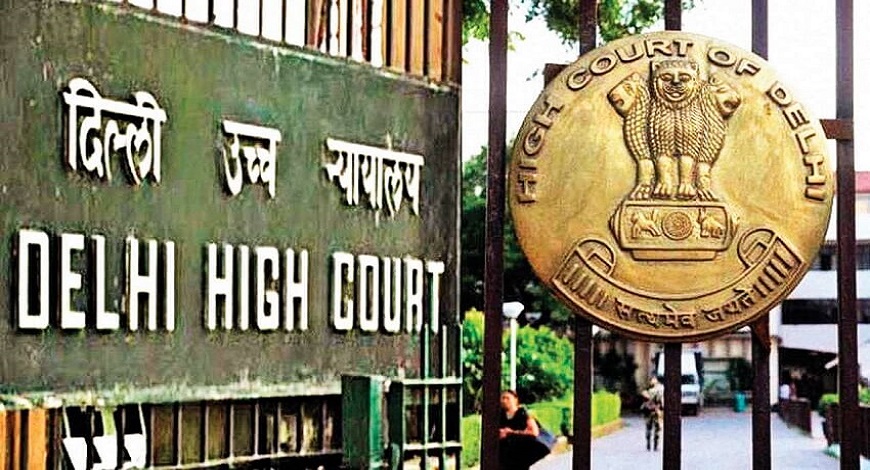The High Court of Delhi on Tuesday reserved its judgment on a public interest litigation, which challenged the notifications issued by the Reserve Bank of India and the State Bank of India on the grounds that allowing the deposit of banknotes in the denomination of Rs 2000 without any demand slip and identity proof was arbitrary, irrational and in violation of Article 14 of the Constitution.
The Division Bench of Chief Justice Satish Chandra Sharma and Justice Subramonium Prasad observed that it would pass appropriate orders on the petition filed by BJP leader and Advocate Ashwini Kumar Upadhyay.
The petition further sought directions from the High Court to both RBI and SBI that banknotes of Rs 2,000 be deposited in respective bank accounts instead of any other bank account, so that people with black money and disproportionate assets could be identified.
It further sought declaration of notifications published on May 19 and 20, as arbitrary and against Article 14 of the Constitution. .
Representing RBI, Senior Advocate Parag P. Tripathi opposed the petition and said the same must be dismissed with exemplary costs.
The Senior Counsel contended that this was not demonetisation. He said it was a statutory exercise, adding that none of the points raised by Upadhyay in any manner impinged upon the public issues.
Tripathi further referred to various judgments of the Apex Court, wherein it has been held that the courts will not be persuaded to interfere in matters concerning economic policy. He relied on cases – RK Garg vs Union of India and Small Scale Manufacturers Association vs Union of India.
Additional Solicitor General (ASG) Chetan Sharma appeared for the Central government. Respondents in the case include the Ministry of Home Affairs, the Union Ministry of Finance, RBI and the SBI.
The petitioner, however, contended that he had not challenged the notification as a whole, only as far as it allowed the exchange of currency without any proof of identity.
The petitioner sought directions from the High Court to both RBI and the State Bank of India (SBI) that banknotes of Rs 2,000 be deposited in respective bank accounts instead of any other bank account, so that people with black money and disproportionate assets could be identified.
Apart from this, the petition sought directions to the Union of India to take appropriate steps against black money and disproportionate assets holders, in order to eliminate corruption and benami transactions, apart from securing the fundamental rights of the citizens.
On May 19, the central bank had announced withdrawal of banknotes in the denomination of Rs 2,000, saying that though it will remain a legal tender, but people were advised to deposit or exchange the same at bank branches or designated RBI offices till September 30.
As per the banker’s bank, individuals had the option to exchange Rs 2,000 banknotes for other denominations up to a limit of Rs 20,000 at a time at any bank, beginning May 23.
However on May 20, a date after the announcement, the Central government clarified that there was no daily limit on the number of times to exchange notes.
RBI Governor Shaktikanta Das on Monday said the banknote in the denomination of Rs 2,000 was introduced with the primary purpose of quickly replenishing the value of money that was being taken out of the system via demonetisation.
As that purpose has been fulfilled and there were enough notes of other denominations now, the decision was taken to withdraw these notes, he said.
As per Das, the printing of these notes had been stopped. He said people should see this particular exercise as part of RBI’s currency management operation.
(Case title: Ashwini Kumar Upadhyay vs Union of India & Ors)


